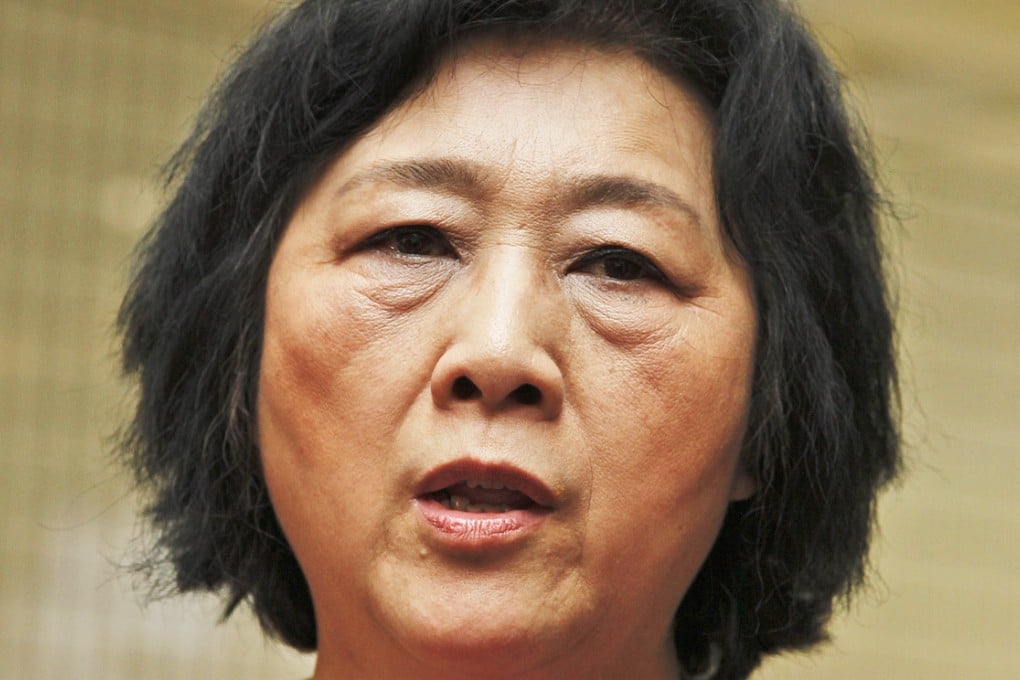Chinese journalist Gao Yu maintains innocence on eve of trial for leaking state secrets
Lawyer says veteran writer and government critic will maintain that taped 'confession' was made under duress before case went to court

Gao Yu, one of China's most respected and outspoken journalists, will stand trial in a Beijing court on Friday accused of revealing state secrets - a charge of which she maintains she is innocent, her lawyer said yesterday.
The veteran journalist, 70, told judges and prosecutors at a pre-trial meeting on Monday that her "confession" to police earlier this year was to protect her son, lawyer Mo Shaoping said.
Gao has been in criminal detention since April 24 accused of "leaking state secrets abroad" - a confidential Communist Party document. Her son, Zhao Meng, was detained on the same charge but later released.
"Gao Yu said the guilty confession ... was extracted against her will when threats were made against her son," Mo said, declining to elaborate.
She told prosecutors earlier that her confession was illegally obtained and should not be used as evidence against her, he said.
Footage of Gao making a confession expressing "deep remorse" for leaking the confidential document was aired on China Central Television in early May.
Mo said Gao had no idea that the video - made from police recordings during her interrogations - would be aired on national television. The lawyer said the broadcast of Gao's confession before her case even went to court amounted to interference in the judicial process.